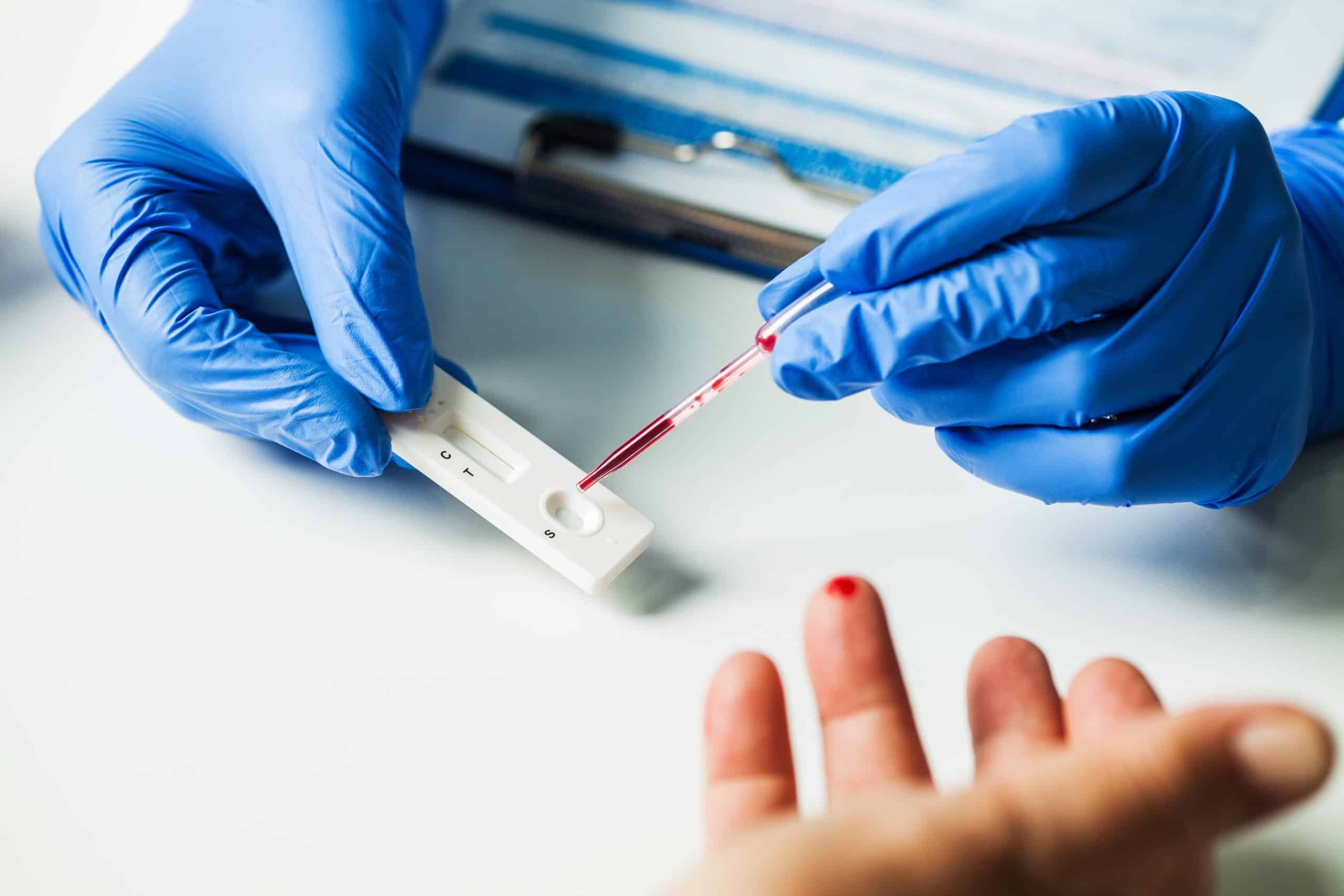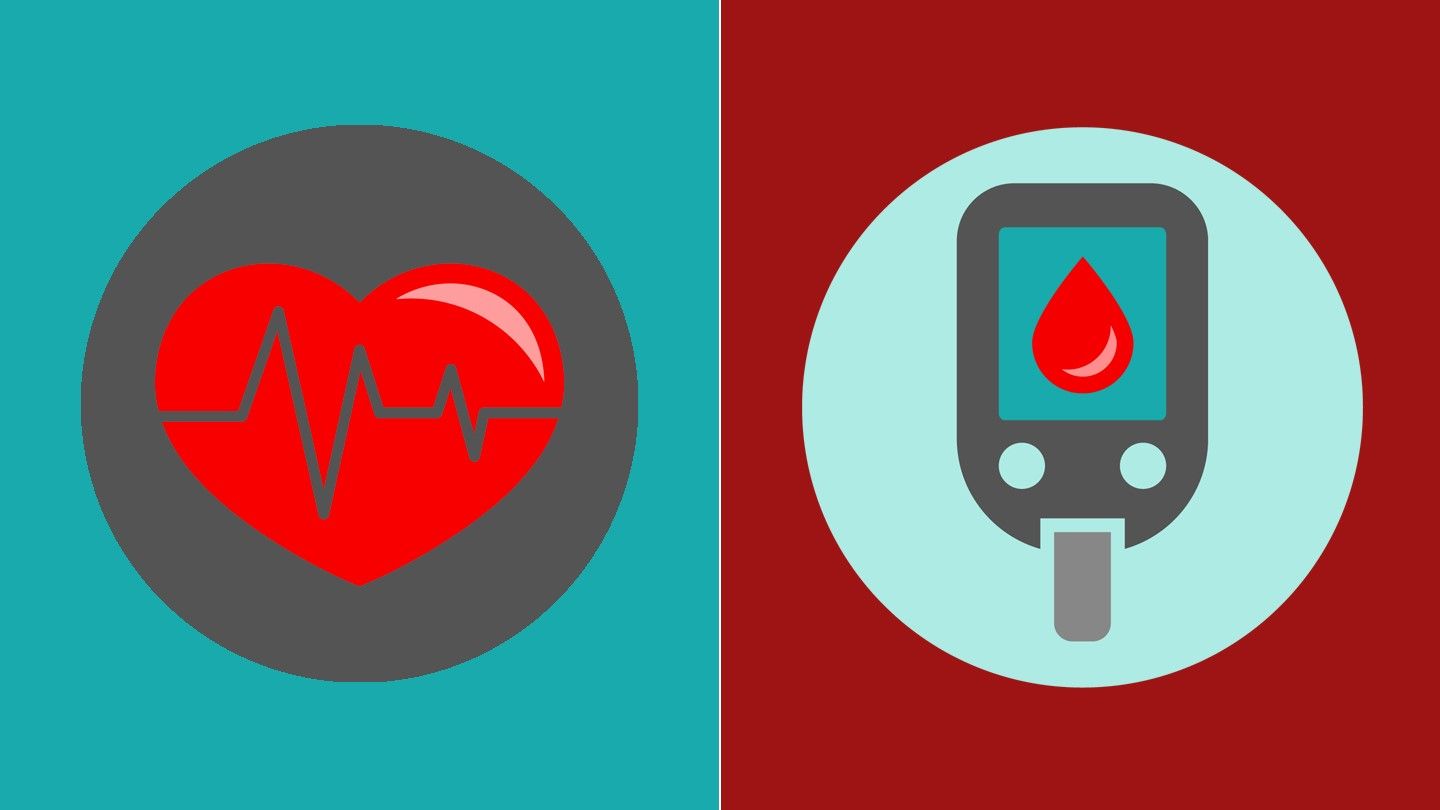
Diabetes mellitus: predisposing factors, symptoms, treatment
Diabetes mellitus is a condition characterized by a disturbance of insulin secretion in the pancreas and resistance of peripheral cells to its action, metabolic disorders that lead to hyperglycemia. What is diabetes? What causes diabetes How the condition manifests itself How to diagnose the disease How to diagnose the disease What is the treatment for…








